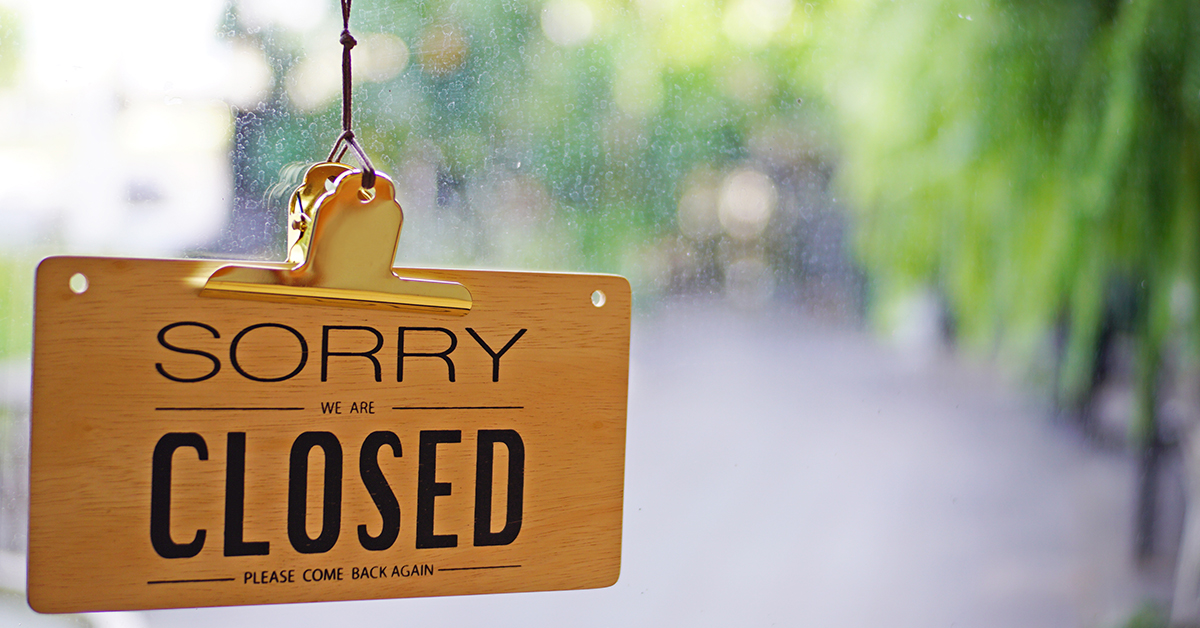 Ensuring continuity of operations and residents’ safety has become top of mind for community association board members, managers, and business partners as the COVID-19 outbreak begins to impact more and more of the U.S.
Ensuring continuity of operations and residents’ safety has become top of mind for community association board members, managers, and business partners as the COVID-19 outbreak begins to impact more and more of the U.S.
Donna DiMaggio Berger, a shareholder with Becker in Fort Lauderdale, Fla., and a fellow in CAI’s College of Community Association Lawyers (CCAL), says her law firm has been providing counsel to association boards on conducting meetings remotely and minimizing residents’ exposure to the coronavirus. She has advised boards to postpone nonessential meetings and events and limit person-to-person contact by practicing social distancing.
The Centers for Disease Control and Prevention describes social distancing as staying away from mass gatherings and keeping 6 feet—about one body length—away from others. This practice restricts where people can gather and can slow or stop the spread of an infectious disease.
For community association residents, that means maintaining a safe distance in elevators, corridors, laundry facilities, and other enclosed spaces, according to Berger.
Management company executives also have been communicating with association boards on adopting preventive measures to mitigate the risk of COVID-19 in their communities.
Sergey A. Petrov, CMCA, AMS, PCAM, CEO of Yalnes, Inc., in Seattle, says he is postponing all in-person meetings, site visits, and other events requiring person-to-person contact until the end of March. He is encouraging boards of directors to do the same and to follow guidance from the CDC and the Washington State Department of Health. He also is allowing flexibility for employees to work remotely.
Stephen J. Sulkey, CMCA, AMS, PCAM, founder of Professional Association Management in Wilmington, N.C., recommends that association boards follow guidance from health officials, instruct contractors to clean frequently touched surfaces, and continue communicating the importance of handwashing and social distancing.
“If your homeowners association has a clubhouse, pool, or other public place, you may want to shut them down if someone in your community is infected,” Sulkey states in a recent email sent to all board members. He also would communicate if there were any disruptions to maintenance and upkeep services if workers become sick.
Much like the rest of the world, community associations and their residents are facing a challenge they’ve never before experienced. The questions they’re asking and actions they’re taking are unique but warranted.
“I’m heartened by the amount of care and concern boards and their professional management are displaying during this crisis,” says Berger. “It’s important for residents to work with their boards and managers by adhering to new protocols that are put in place and by self-reporting and self-quarantining if necessary.”